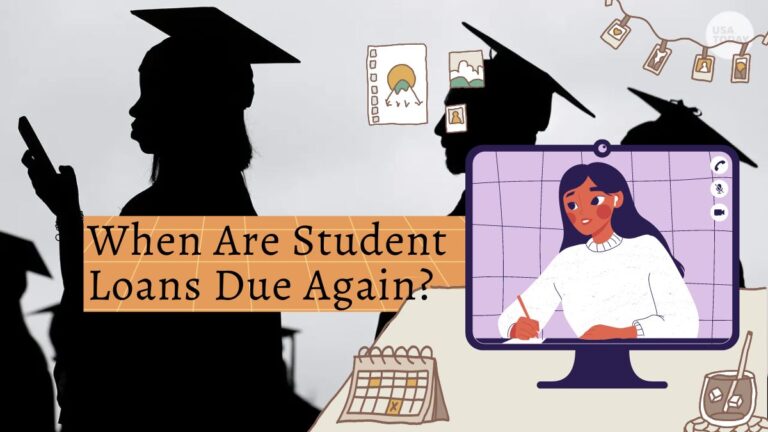What Happens To Student Loans When You Die?
Managing student loans can be a significant financial responsibility, and it’s natural to have concerns about what happens to your student loans if you were to pass away. In this blog post, we will explore in detail the fate of student loans in the unfortunate event of your death. Understanding these aspects can help you plan ahead and ensure that you are well informed about the potential implications for your loved ones.
Federal Student Loans:
- Discharge upon Death: Federal student loans are typically discharged, or forgiven, upon the borrower’s death. This means that the loan is no longer legally enforceable, and your estate will not be responsible for repaying the remaining balance. Upon notification of the borrower’s death, the loan servicer or the Department of Education will initiate the discharge process.
- Documentation and Verification: In most cases, the loan servicer or the executor of your estate will require a certified copy of your death certificate to initiate the discharge. It is crucial to keep your loved ones informed about your student loans and provide them with the necessary information to facilitate this process.
- Tax Implications: It’s important to note that while the discharged federal student loans are not considered taxable income for your estate, there may be potential tax implications for other aspects of your estate. Consulting with a tax professional or estate planner can help navigate any tax-related concerns.
Private Student Loans:
- Varies by Lender: Unlike federal student loans, the discharge of private student loans upon the borrower’s death is not guaranteed. Private lenders have their own policies regarding loan discharge in case of death. Some lenders may offer loan forgiveness options, while others may require repayment from the borrower’s estate or cosigner.
- Review Loan Agreement: To understand the specific terms and conditions of your private student loans, it is essential to review the loan agreement provided by the lender. Look for provisions related to loan discharge or repayment in the event of the borrower’s death.
- Cosigner Liability: In some cases, private student loans may require a cosigner. If you pass away, the cosigner may become solely responsible for repaying the loan. It is advisable to discuss the implications with your cosigner and, if possible, consider obtaining life insurance to cover the outstanding loan amount.
Community Property States:
- Spousal Responsibility: In community property states, such as Arizona, California, Idaho, Louisiana, Nevada, New Mexico, Texas, Washington, and Wisconsin, the laws surrounding student loan responsibility after death can be different. In these states, the surviving spouse may be held liable for the student loan debt incurred during the marriage, even if they were not a cosigner or borrower.
- Seek Legal Advice: If you reside in a community property state, it is advisable to consult with a knowledgeable attorney to understand the specific laws and implications related to student loan debt in the event of your death.
Conclusion:
When it comes to student loans and the unfortunate circumstance of your death, the outcome varies depending on whether the loans are federal or private, as well as the specific policies of the lender. Federal student loans are typically discharged upon the borrower’s death, while private student loans may require repayment from the estate or cosigner.
It is crucial to keep your loved ones informed about your student loans, review your loan agreements, and seek legal advice, especially if you reside in a community property state. By understanding these details, you can plan accordingly and ensure that your loved ones are prepared for any potential financial obligations related to your student loans in the future.






